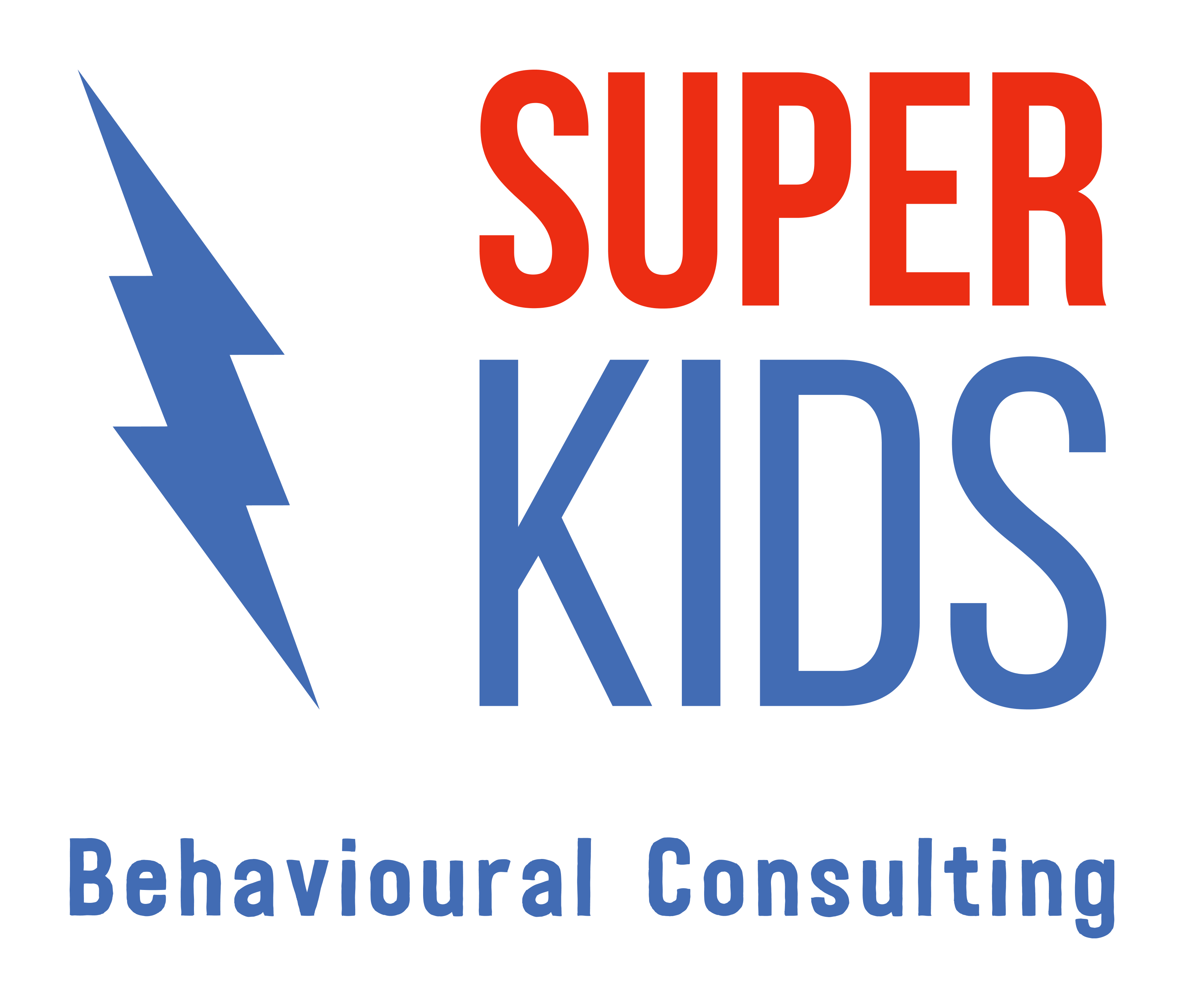What Is a Behaviour Analyst? Roles, Qualifications, and How They Help

Renee Collins, CBA, BCBA, BSP, DE
CLINICAL DIRECTOR (She/Her)

As the NDIS continues to grow, so does the need for qualified disability support professionals. One role gaining more recognition is the Behaviour Analyst.
But what exactly does a Behaviour Analyst do? How are they trained? And when might they be the right choice for your family, school, or client?
What Is a Behaviour Analyst?
A Behaviour Analyst is a Master’s level, highly trained allied health professional who specialises in understanding and changing behaviour. They use the science of behaviour, known as Applied Behaviour Analysis (ABA), to assess why behaviours occur and to teach more helpful, adaptive alternatives.
In short, Behaviour Analysts help individuals learn new skills and reduce behaviours that interfere with learning, safety, or quality of life.
In Australia, many Behaviour Analysts are Board Certified (BCBA®, BCaBA®) or Certified Behaviour Analysts (CBA®) through professional associations such as the Behaviour Analyst Certification Board (BACB) or Australian Behaviour Analytic Certification Board (AUABA).
What Do Behaviour Analysts Do?
Behaviour Analysts work with people of all ages, particularly those with developmental disabilities, autism, or behaviours of concern. Their role is grounded in data, evidence-based practice, and individualised intervention.
Here are some of the things they do:
1. Functional Behaviour Assessment (FBA)
Before any intervention, a Behaviour Analyst investigates the function of a behaviour, what purpose it serves. This may involve assessments, interviews, and data collection to understand:
- What triggers the behaviour
- What happens after the behaviour
- What the individual is trying to communicate or achieve
2. Developing Behaviour Support Plans
Once the function of the behaviour is clear, the Behaviour Analyst creates a Positive Behaviour Support Plan (PBSP) or Behaviour Intervention Plan. This outlines:
- Strategies for preventing behaviours of concern
- Teaching new, safer behaviours (e.g., asking for help)
- Response strategies that are ethical and effective
3. Teaching New Skills
ABA isn’t just about reducing behaviours, it’s mostly about building skills. Behaviour Analysts teach:
- Communication skills (spoken or using AAC)
- Daily living skills (e.g., toileting, dressing)
- Social skills
- Emotional regulation and coping strategies
- Play skills
4. Training and Coaching
A key part of the role is training the people who support the client: parents, teachers, support workers, and therapists. This ensures that strategies are used consistently across settings like home, school, and the community.
What Qualifications Do Behaviour Analysts Have?
To become a Certified Behaviour Analyst, professionals must complete:
- A Master’s degree in Applied Behaviour Analysis, psychology, education, or a related field
- Specialist coursework in Applied Behaviour Analysis
- Supervised fieldwork (1,500–2,000 hours)
In Australia, Behaviour Analysts are self-regulated profession, and they are held to high standards by certification boards such as:
- BACB® (North-American standard)
- CBA (Australia-specific standard)
How Are Behaviour Analysts Different from Other Disability Support Professionals?
Behaviour Analysts focus on why behaviours happen and how to support long-term change through teaching, not just managing. They are ideal when problem behaviours are impacting safety, learning, or community access and when you want measurable, functional improvements.

When to Work with a Behaviour Analyst
Behaviour Analysts can be helpful if:
- Your child engages in tantrums, aggression, self-injury, or other behaviours of concern
- You want to teach daily living skills (e.g., toileting, dressing, waiting)
- Your child needs help developing communication or play skills
- School or therapy environments are challenging or overwhelming
- You want a clear, structured plan to support consistent change across home, school, and therapy settings
They are often involved when other therapies haven’t fully addressed behaviour challenges—or when families want a more data-driven, evidence-informed approach.
Behaviour Analysts and the NDIS
Many Behaviour Analysts work under the NDIS by providing Therapeutic Supports for skill development .
NDIS plans may include Behaviour Analyst involvement when:
- Behaviours of concern are listed
- Positive Behaviour Support Plans are required
- Participants need structured teaching for functional skills
- Families or staff need support and coaching
When choosing a Behaviour Analyst, look for someone with formal certification and experience with your child’s diagnosis or developmental level.
Final Thoughts
Behaviour analysts are an essential part of many disability support teams, especially for autistic individuals and those with developmental disabilities, or significant behaviours of concern.
Our work is rooted in kindness, respect, and teaching, not punishment. By understanding why behaviours happen and using evidence-based strategies to promote learning, Behaviour Analysts help individuals thrive at home, school, and in their community.
Reach out to Super Kids so we can help you decide if a Behaviour Analyst would be able to help and support your child.
Looking for a certified Behaviour Analyst in Australia? Check directories via the AUABA or BACB websites to find someone who is qualified and NDIS-ready.
Super Kids acknowledges each individual’s personal preference to use identity-first or person-first language to describe themselves or their loved one. We interchangeably use both language conventions and therefore refer to both Autistic children and children with Autism.





